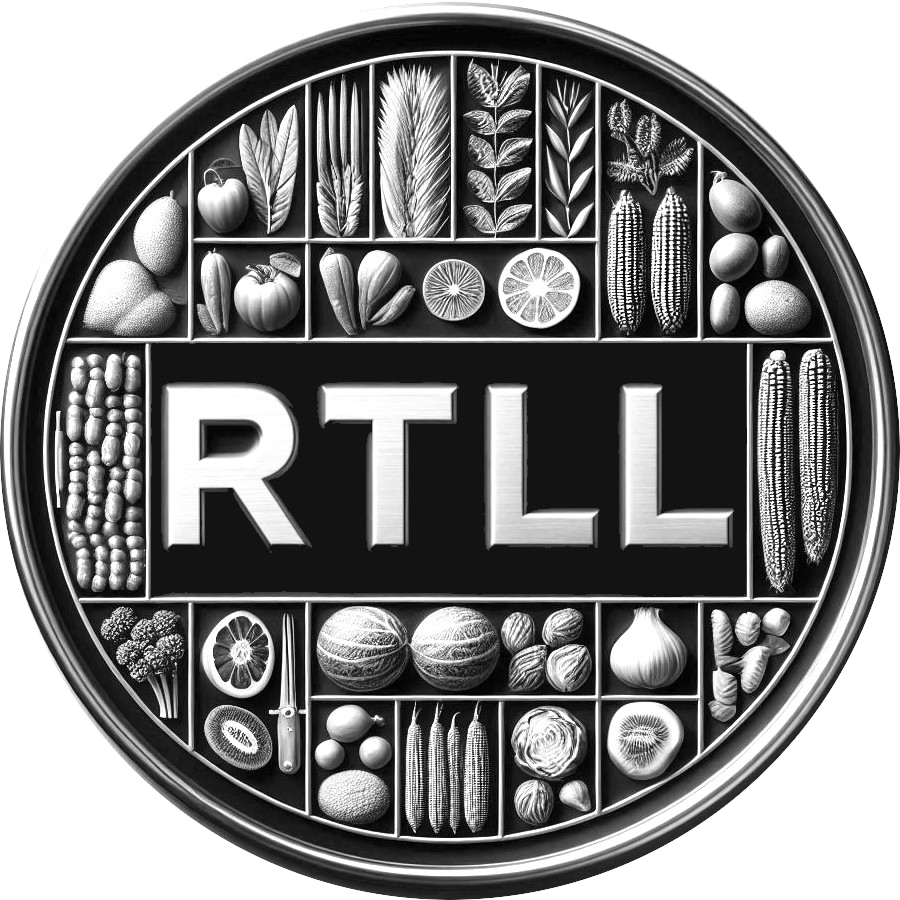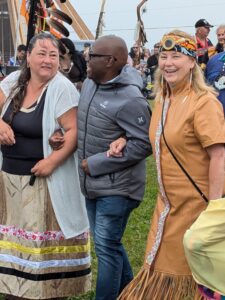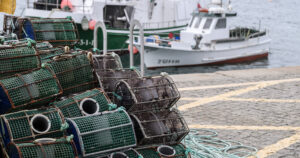Beach-cast brown algae Ascophyllum nodosum (rockweed) is a seasonal phenomenon where rockweed accumulates on beaches, resulting in environmental impacts. However, rockweed is a valuable source of bioactive compounds and nutrients for use in biomaterials, food, cosmetic, and pharmaceutical industries. This study explores the utilization of alkaline subcritical water extraction in an accelerated solvent extractor (ASE) for extracting valuable compounds from beach-cast rockweed. The bioactive compounds and nutrients (alginate, fucoidan, phenolics, minerals, and vitamins) were first characterized. The yields of major components (alginate, fucoidan, and phenolics) and antioxidant properties of crude extract were further optimized in the ASE system as a function of extraction conditions (temperature, extraction time, and solid mass). The maximum yields of crude extract (86.52 dry wt%), alginate (38.25 dry wt%), and fucoidan (39.38 dry wt%) were achieved at 160 °C, 18 min, and 0.1 g mass loading. A higher temperature of 200 °C increased phenolic yield and antioxidant activities (ABTS and FRAP assays) but led to alginate/fucoidan degradation. The extraction rates for extract, alginate, and fucoidan were modeled using Fick’s and Peleg’s models. Both models fit the experimental data well, but Fick’s model showed a better overall fit. The effective diffusion coefficients for the extract (7.82 × 10−12 m2/s), fucoidan (7.56 × 10−12 m2/s), and alginate (8.55 × 10−12 m2/s) were determined. Thus, the ASE using alkaline subcritical water can effectively be used to identify and quantify key value-added compounds by modifying process conditions while minimizing extraction time (maximizing rate) from beach-cast rockweed.



